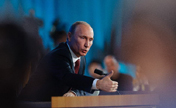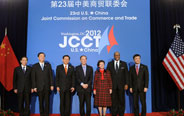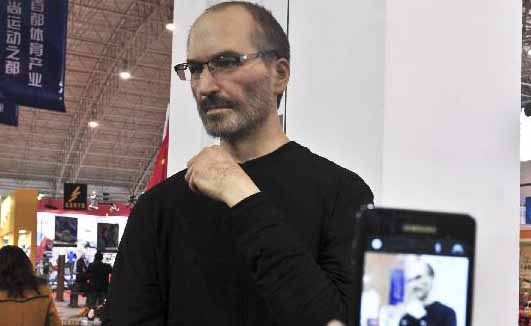

After Li took over as head of the State Council's leading group for medical and health care reform, the country quickly set a goal of turning medical and health care into a basic public service accessible to all, taking a progressive approach to prioritizing the basic needs of the people and the need for institutional improvement.
The central government has issued 14 documents to inspire local experiments since 2009. All relevant tasks are being implemented efficiently.
Under this regimen, the government has built the world's largest medical care system in more than three years, effectively easing public concern in this area.
U.S. scholar Robert Lawrence Kuhn said he considers this reform to be the greatest achievement China has scored in the past decade.
Margaret Chan, director-general of the World Health Organization, has called the achievement hard-won.
John Langenbrunner, the World Bank's chief health economist, described the results achieved by the reforms as unprecedented.
Li was also credited with seizing the opportunity presented by the 2008 financial crisis to propel complex fuel tax reforms involving multiple stakeholders.
The initiative has helped eliminate redundant fuel fees, inspired energy conservation and emission reduction, improved the refined oil pricing system and accumulated experience for future reforms.
 |  |
 30 wushu masters join PLA Marine Corps
30 wushu masters join PLA Marine Corps Weekly review of military photos (2012.12.10-12.14)
Weekly review of military photos (2012.12.10-12.14) Those moments that melt your heart
Those moments that melt your heart Putin's diplomatic strategy becomes more pragmatic
Putin's diplomatic strategy becomes more pragmatic  Marine brigade in high-altitude parachute training
Marine brigade in high-altitude parachute training China and US agree on major trade measures
China and US agree on major trade measures Nanjing Yangtze Fourth Bridge to open on Dec.24
Nanjing Yangtze Fourth Bridge to open on Dec.24 Macao SAR celebrates 13th anniversary
Macao SAR celebrates 13th anniversary Dec. 21, 2012 is an ordinary day
Dec. 21, 2012 is an ordinary day Photos: Our pursuits of hope in 2012
Photos: Our pursuits of hope in 2012 Bone-chilling cold, but lots of fun!
Bone-chilling cold, but lots of fun! Female stars' grins: too horrible to look at !
Female stars' grins: too horrible to look at ! 7th China Int'l Cultural and Creative Industry Expo
7th China Int'l Cultural and Creative Industry Expo Christmas time around the world
Christmas time around the world 2012 international photography award winners
2012 international photography award winners